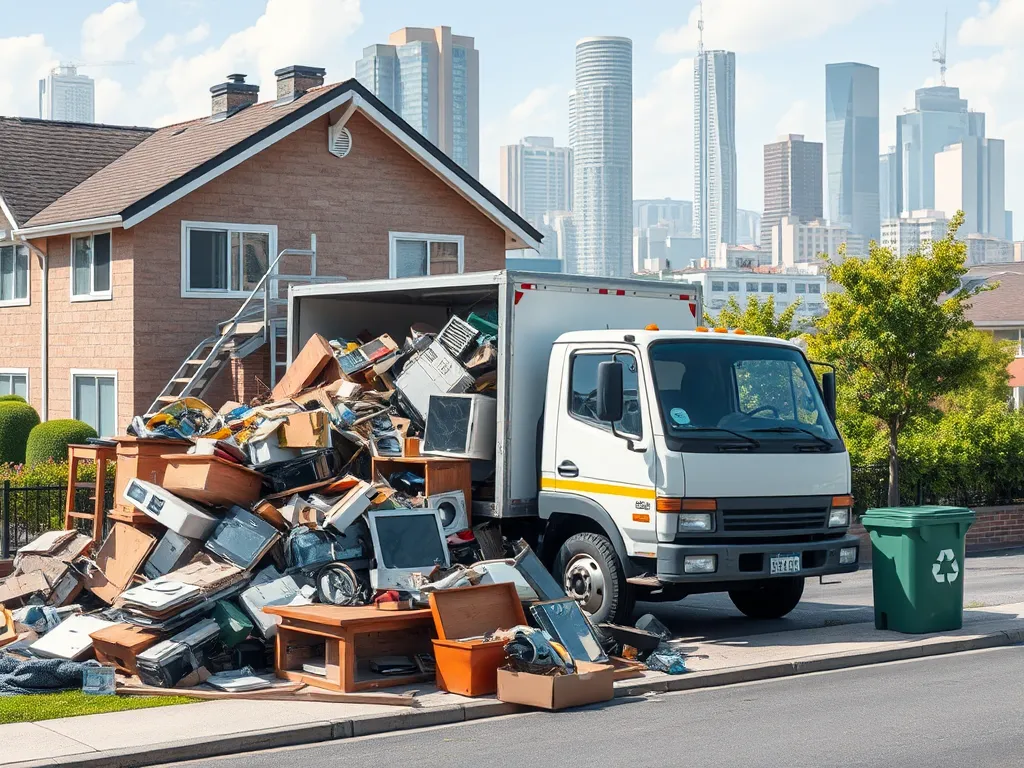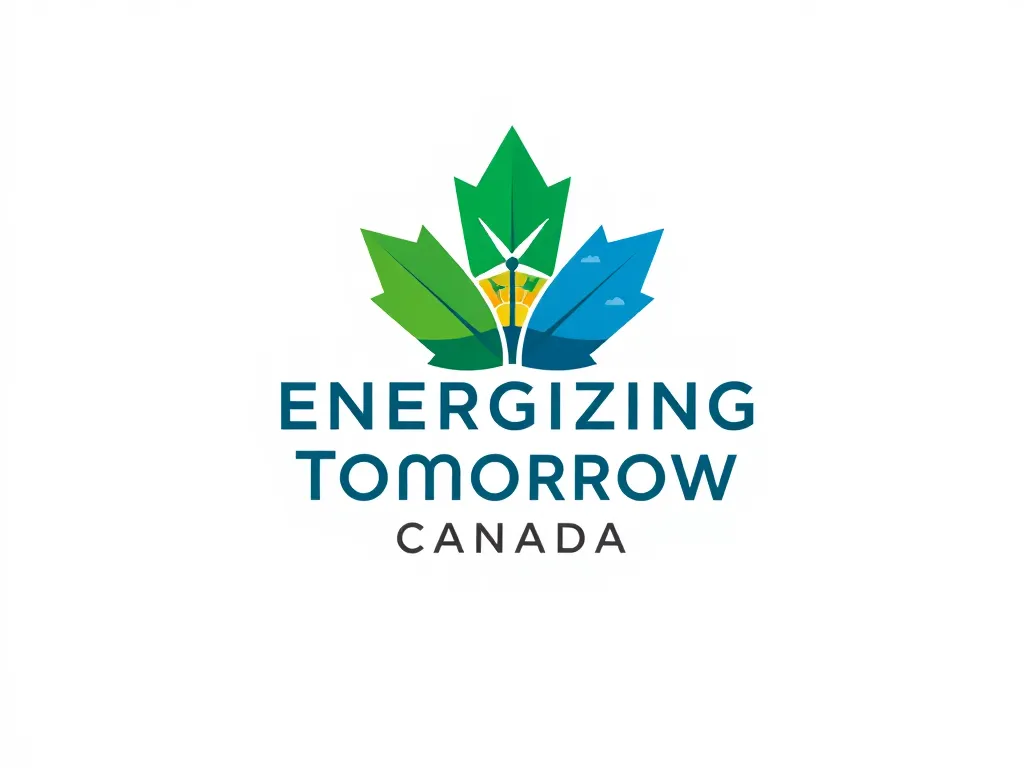Discover the Latest Trends in Junk Removal Industry

Trends in the Junk Removal Industry
The junk removal industry has experienced significant transformation in recent years, driven by changing consumer behaviors, advancements in technology, and an increasing awareness of environmental sustainability. As a result, the trends in junk removal industry are leaning heavily towards eco-friendly practices, technological integration, enhanced customer service, market growth opportunities, and stringent health and safety standards.
One of the most prominent trends in junk removal industry is the shift towards sustainability practices. Companies are increasingly adopting eco-friendly disposal methods, recycling initiatives, and zero waste strategies. This shift is not only beneficial for the environment but also attracts customers who are becoming more conscious about their carbon footprint. With the influence of new legislation, service providers must adapt to meet compliance standards that demand responsible trash disposal.
Another significant trend in the junk removal industry is the integration of technology. The emergence of mobile applications for booking junk removal services, innovations in equipment for more efficient operations, and the use of data analytics for better customer management are all part of this tech-driven trend. Automation in sorting junk helps streamline processes, while virtual reality can aid in accurately assessing junk loads before removal. This technological advancement enhances the overall experience for both customers and service providers.
In tandem with technological advancements, junk removal companies are focusing on customer service enhancements. Improving communication with clients, investing in training programs for junk removal teams, and implementing customer feedback systems allow companies to build loyal relationships with their clientele. Furthermore, creating loyalty programs and conducting after-service follow-ups ensure that customers feel valued and supported long after their junk has been removed.
Communities across the nation are redefining sustainability through innovative practices, as reflected in the insights from https://www.epa.gov/transforming-waste-tool/how-communities-have-defined-zero-waste.
As the junk removal industry continues to grow, several market opportunities are emerging. Companies are exploring untapped demographic segments, such as senior citizens downsizing or urban populations continually facing waste challenges. Franchise opportunities are expanding, providing entrepreneurs with pathways into the market. Meanwhile, the rise of e-commerce has spurred a new demand for junk removal services related to returns and packaging disposal, highlighting trends in urban versus rural junk removal needs.
Sustainability Practices
Eco-friendly disposal methods are becoming a hallmark of responsible junk removal services. Many companies are implementing strategies that prioritize recycling and composting to minimize landfill use. This not only helps the environment but also meets the growing consumer expectations for sustainability in service industries.
Recycling initiatives within the junk removal sector are critical as they help divert materials from landfills. Services that actively sort items for recyclable materials, such as metals, plastics, and electronics, showcase a commitment to environmental responsibility and can also reduce disposal costs.
Zero waste strategies are gaining traction in the junk removal industry, where companies are striving to ensure that none of the waste they collect ultimately ends up in landfills. This trend involves reusing materials, donating items in good condition, and continuously improving operational practices to achieve minimal waste output.
The impact of legislation on trash disposal cannot be overlooked, as it drives many companies to adopt more sustainable practices. Local and federal laws increasingly mandate the responsible disposal of specific items, such as hazardous waste, electronics, and organic materials. Compliance with these regulations is not only essential for legal operation but also enhances public trust in service providers.
Community clean-up events are also becoming popular, with junk removal companies actively participating in local initiatives aimed at beautifying neighborhoods and reducing litter. These events foster goodwill in the community and can serve as an excellent marketing tool for companies committed to environmental stewardship.
Technology Integration
The use of apps for booking junk removal has revolutionized the customer experience, making it easier for consumers to schedule services at their convenience. With features like real-time tracking and instant quotes, these apps streamline the process significantly.
Equipment innovations in the junk removal sector have led to more efficient operations. Advanced vehicles and sorting machinery allow companies to handle larger volumes of junk safely and expediently, increasing overall productivity.
Data analytics plays a crucial role in customer management, enabling companies to tailor their services to meet specific client needs. Analyzing patterns in customer behavior allows junk removal services to enhance marketing strategies and improve service delivery.
Automation in sorting junk is becoming increasingly prevalent, as it allows for a quicker and more efficient process. Automated systems help relieve labor costs and minimize human error, leading to streamlined operations and better service outcomes.
Virtual reality in junk assessment is an emerging trend where companies utilize VR technology to evaluate junk loads digitally. This allows for more accurate diagnostics and helps in formulating more precise removal strategies, enhancing customer satisfaction.
Customer Service Enhancements
One of the most critical trends in the junk removal industry is improving customer communication. Companies are leveraging multiple communication channels to ensure customers have access to information and support throughout the service process.
Training for junk removal teams is essential for maintaining high service standards. Investing in regular training not only protects employees but also empowers them to provide better service and adapt to various customer needs during the junk removal process.
Customer feedback systems are now integral to business strategies. Companies are increasingly seeking feedback after service to identify areas for improvement and to understand customer satisfaction levels more clearly.
Creating loyalty programs is another way companies are enhancing customer service. By offering incentives for repeat business and referrals, junk removal services can cultivate long-lasting relationships with their clients.
After-service follow-ups are vital for ensuring that customers are satisfied with the service provided. Following up allows companies to address any concerns and reinforce the value of their service, promoting brand loyalty and repeat business.
Market Growth and Opportunities
Emerging markets for junk removal indicate a growing need for services across diverse demographics. As urban areas expand and populations increase, the demand for junk removal services is becoming more universal, providing opportunities for innovative service delivery.
Franchise opportunities in junk removal are on the rise, as many businesses recognize the potential for expansion through franchising. This provides entrepreneurs with a proven business model and the support they need to start their operations.
The impact of e-commerce on junk disposal is significant, with the increasing volume of online shopping leading to higher rates of packaging waste. Companies are now actively marketing their services to e-commerce businesses for efficient waste management.
Trends in urban versus rural junk removal show distinct patterns, as urban areas contend with higher waste volumes and types of junk due to population density, while rural areas may focus on agricultural waste and large item removals.
Future predictions for the junk industry suggest continued growth, with sustainability and technology at the forefront of operational developments. As consumer awareness around waste management increases, companies that prioritize eco-friendly practices and customer service will likely thrive.
Health and Safety Standards
Compliance with safety regulations is non-negotiable in the junk removal industry. Companies must adhere to local and federal safety standards to protect both their employees and clients from accidents during service.
Training staff on safety protocols is essential for ensuring the well-being of junk removal teams. Regular safety training helps mitigate risks associated with heavy lifting, hazardous materials, and vehicle operation.
The impact of the pandemic on junk removal safety has heightened awareness regarding health protocols during service delivery. Companies have adopted enhanced hygiene measures to protect both staff and customers from potential exposure to pathogens.
Protecting the environment and workers is paramount, leading many companies to adopt comprehensive safety and environmental policies. Ensuring that all practices contribute to a safer, healthier work environment and community helps build trust in service providers.
Insurance considerations for junk removal need thorough understanding and adherence. Companies must secure appropriate insurance to cover potential liabilities, protecting both their workers and clients from unforeseen incidents.
